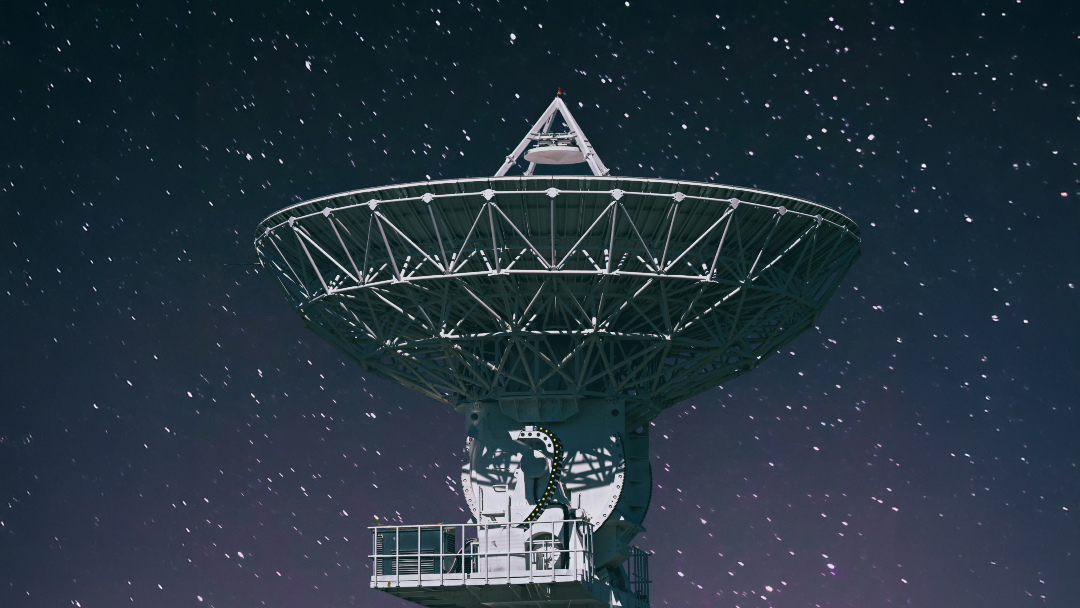The CTLab4ET (Computing Technology Laboratory for Einstein Telescope) laboratory has been inaugurated at the Department of Physics of the University of Turin, a new facility intended for the study and experimentation of computational technologies to support the scientific activity of the Einstein Telescope, the future European observatory for gravitational waves.
The creation of the laboratory is part of the ETIC (Einstein Telescope Infrastructure Consortium) project, promoted and funded by the Ministry of University and Research (MUR) as part of Mission 4 of the National Recovery and Resilience Plan (PNRR). The project, led by the National Institute of Nuclear Physics (INFN), aims to support Italy’s candidacy to host the scientific infrastructure at the site of the former Sos Enattos mine, in the territory of Lula, in the province of Nuoro.
During the inaugural ceremony, held in the Wataghin Room of the Turin university, prominent representatives of the Italian scientific scene spoke: Marco Maggiora, director of the INFN Turin section; Mauro Campanella, contact person for international research projects of GARR (the Italian network of universities and research); Michele Punturo, scientific coordinator of ETIC and international manager of the Einstein Telescope project; and Stefano Bagnasco, head of the INFN Turin computing center and the new laboratory.
The CTLab4ET laboratory represents an important step towards defining the computing architecture necessary for the future observatory, whose scientific activity is expected to begin in more than a decade. As Stefano Bagnasco, head of the INFN Turin computing center and the new laboratory, pointed out: “The Turin computing center has more than twenty years of experience in the design and management of distributed computing infrastructures. The definition of the Einstein Telescope computational model is particularly challenging: the resource requirements will be much greater than those of the second-generation observatories, and while computing technologies evolve very rapidly, the ET project already needs a computing infrastructure for the development of the analysis algorithms. simulations and much more. The challenge will be to design a system that can support scientific collaboration right from the start, then evolve to make the most of the new technologies that will gradually appear on the market. In particular, CTLab4ET will provide a platform for technology tracking, i.e. a system available to collaboration to test new architectures both hardware and software, with particular attention to artificial intelligence algorithms“.
CTLab4ET joins a broader plan to upgrade the INFN computing center in Turin, also supported by other strategic projects of the PNRR such as TeRABIT and ICSC – National Research Center in High Performance Computing, Big Data and Quantum Computing. The first aims to create an integrated network and high-performance computing infrastructure based on the latest generation of fiber optic connections, with data transfer capacities of up to one terabit per second. The second, on the other hand, aims to strengthen the national digital research ecosystem.
With the inauguration of the Turin laboratory, a further step is taken towards the creation of a national network of cutting-edge scientific infrastructures, a fundamental element to strengthen the Italian candidacy and position our country as a protagonist in the future frontier of astrophysics.





